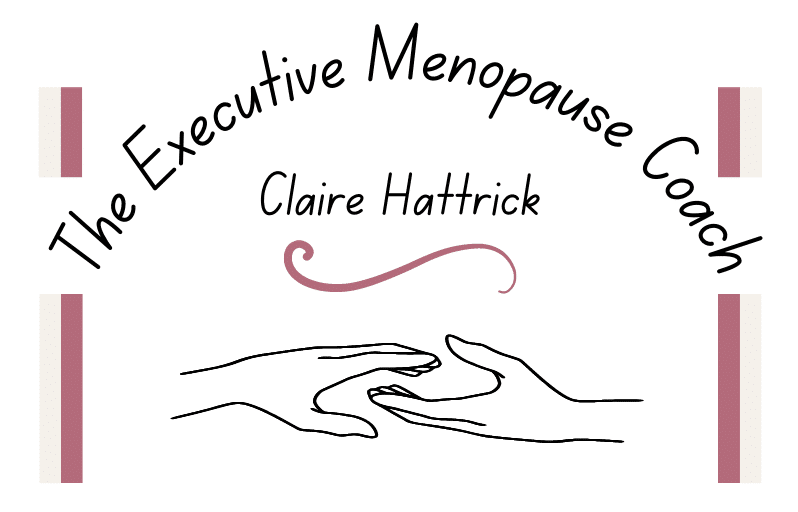Every Woman’s experience through The Menopause is different and the majority of Woman have symptoms that negatively affect their lives, one of which can be the menopause and depression, it can also be their family relationships, personal lives or it can be work related. The main reason for this is the decreasing levels of the hormone Oestrogen, and the effect it has on different areas of the body during The Menopause. This can have a big impact on your brain and your emotions, which can last for many years, through Perimenopause to Post Menopause and this can lead to menopause and depression.
Please be aware that this blog post contains affiliate links and any purchases made through such links will result in a small commission for me (at no extra cost to you).
Click here to read our other Menopause Help blogs!
Menopause and Depression
Low mood and feelings of Depression can be very common symptoms of The Menopause, including having low self-esteem, anxiety, panic attacks, irritability, poor concentration and no energy. Lots of these symptoms can be mistaken for Depression and many women are given anti-depressants wrongly for these symptoms. It seems pretty normal to feel angry and more irritable going through this stage in your life, from speaking to my friends. Often if you have had Postnatal Depression in the past you are more likely to suffer with these issues during The Menopause.
So, what are the differences, and what do we need to look out for:
- A Depressed Mood;
This is pretty normal, and a brief time of feeling blue or sad is commonly experienced and does not require any treatment. This is referred to as Dysphoria.
- Depression, as a symptom;
This is often due to a wide variety of medical or psychological problems, or it can be due to an intense reaction to life events, maybe divorce, death, losing a job etc. Usually relatively short term and not requiring medical intervention, but it can lead to Clinical Depression.
- Clinical Depression;
This is believed to be a result of a chemical imbalance in the brain and requires medical treatment.
- Our Mood and Hormones;
A few clinical Menopause trials have found none of the above types of Depression to be related to the menopause. Women no doubt suffer with mood swings and extreme highs and extreme lows during Perimenopause when their hormone levels are fluctuating during the transition to Menopause. If your sleep is affected, due to night sweats etc this would definitely have a huge impact on your mood.
How can we deal with these feelings?
For mild symptoms, lots of my friends have taken St. John’s Wort, a natural remedy and with some lifestyle changes, have felt a lot better. Also;
- Prioritise your life, set small goals for yourself, do what you can when you can.
- Exercise regularly, this releases endorphins and makes you feel good, if you struggle with motivation work out try buying yourself some new equipment or workout clothes to help motivate you!

- Do something you enjoy doing, and makes you happy, like going to the cinema, joining a new activity or visiting somewhere new.
- Give yourself time, your mood might take a little longer to lift than you think.
- Don’t make important decisions until your mood/depression has lifted. Talk things through with people that know you and will support you with your decision making.
Depression that is severe;
Always see your GP if you have suicidal thoughts and are drowning with life. Antidepressant medications can be taken to correct the chemical imbalance. Lots of women have a marked improvement taking these and with very few side effects, some have said it has made a huge difference to their Hot Flushes too. Counselling is another effective way to combat Depression and Psychotherapy can help too.
There is help out there, so please don’t suffer in silence, talk to your friends and family about how you are feeling and know that you can get better in time.
To read more of our Blogs from The Menopause Lounge, click here!
*DISCLAIMER*This page does not provide medical advice; it is intended for informational purposes only and is based upon my opinion and experiences. It is not a substitute for professional medical advice, diagnosis or treatment. Never ignore professional medical advice in seeking treatment because of something you have read on The Executive Menopause Coach website. Always seek professional medical advice.



Can you share your personal story with others in the hope it may help someone?
Hi Joan, yes my personal story is on my website, check it out in my menopause blog section ‘my menopause journey’ 💕